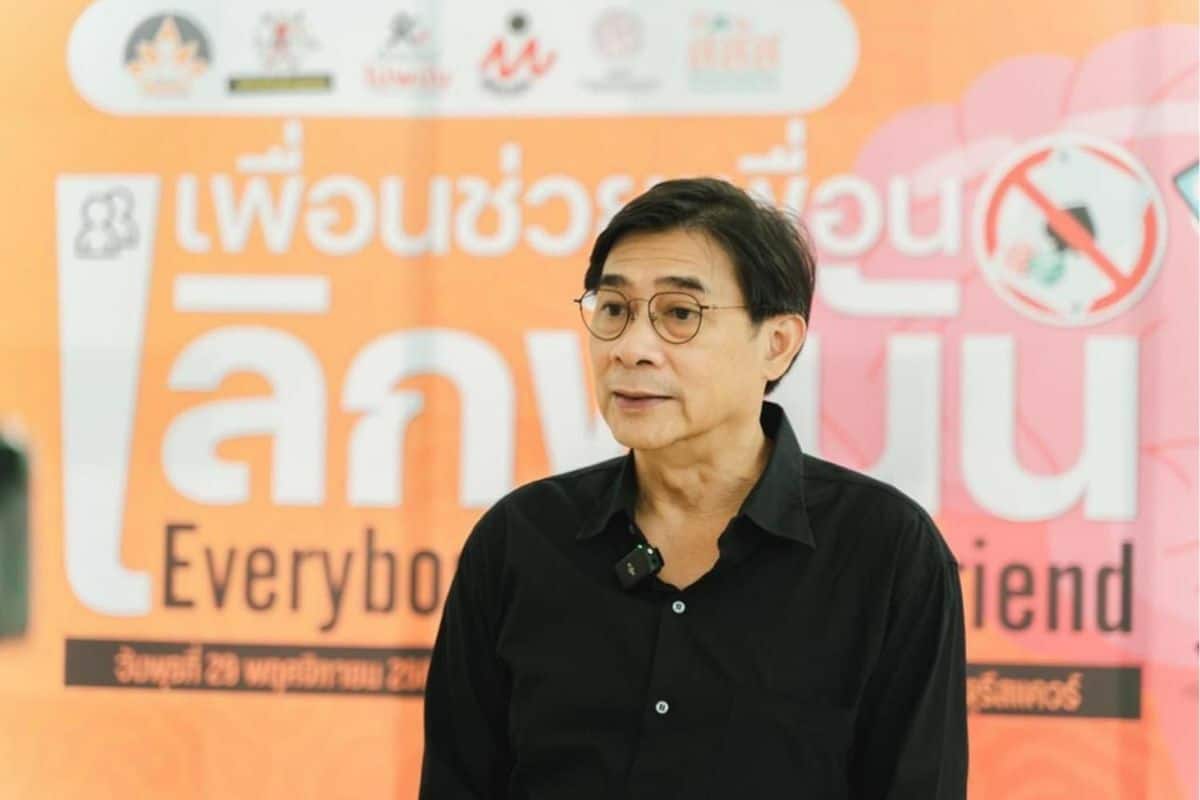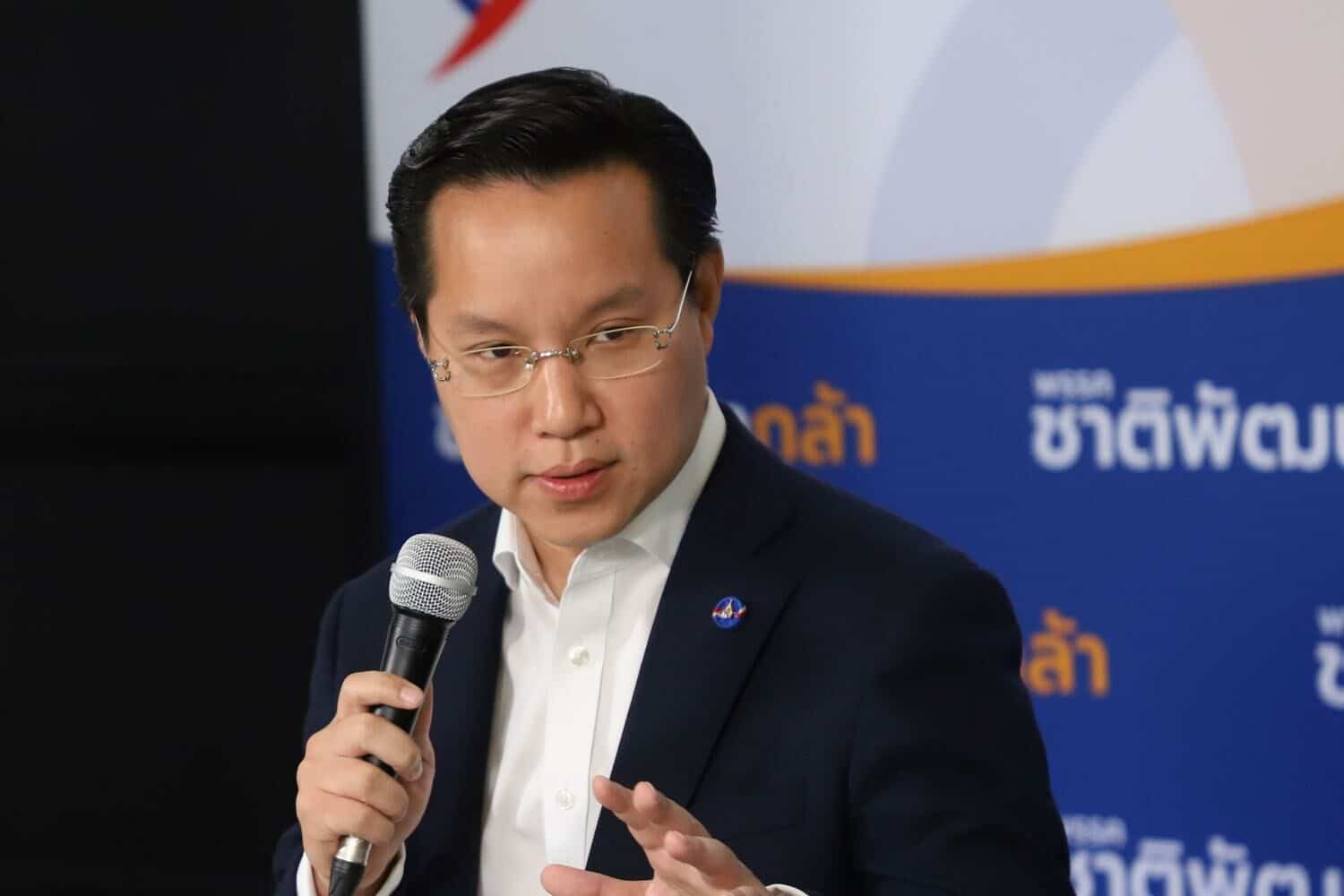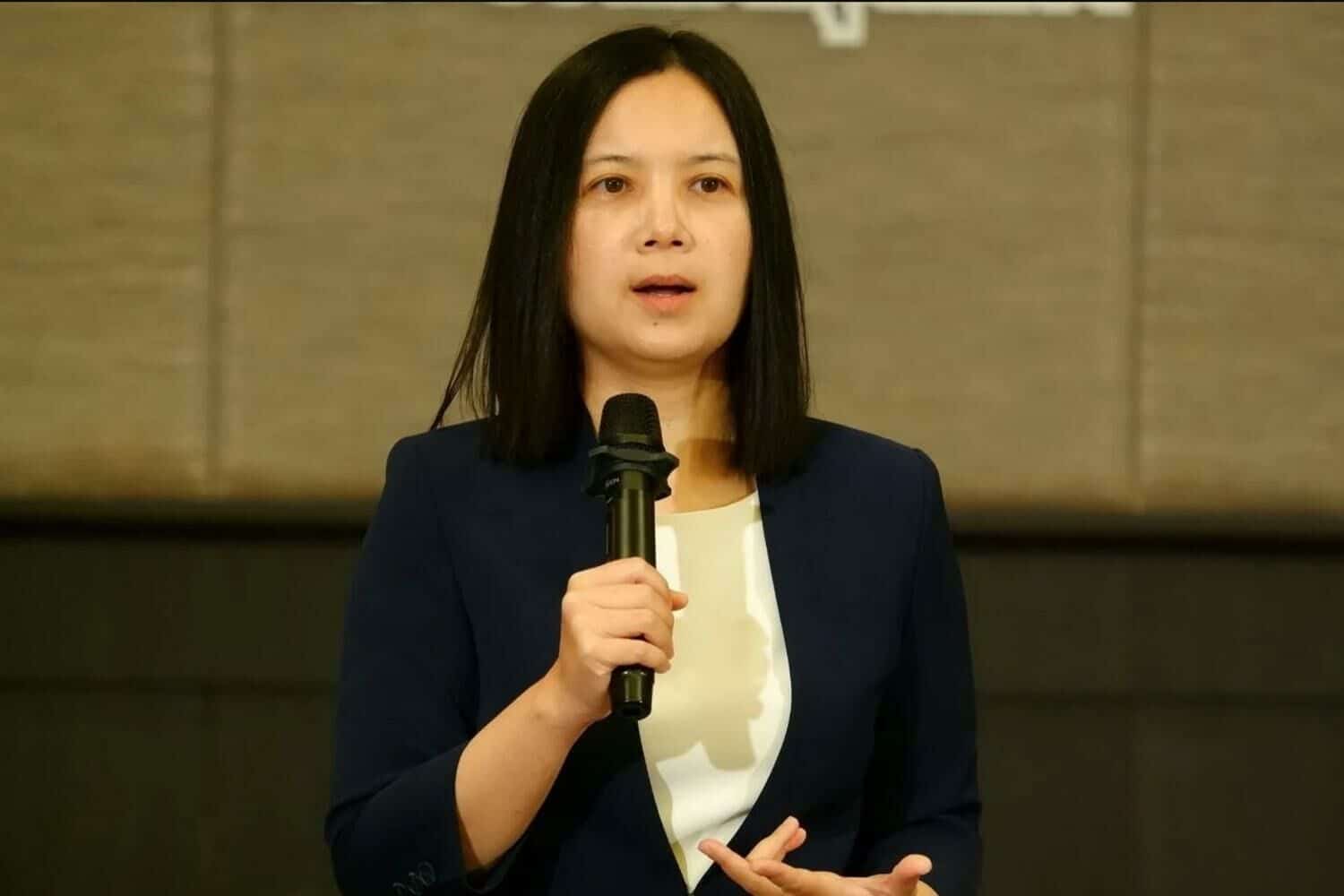Proposed Thai bill limits casinos to 10% of entertainment venues

The Office of the Council of State (OCS) has finalised amendments to the Entertainment Complex Bill, with an online public hearing scheduled until March 1, allowing stakeholders to voice concerns before its implementation.
Atavit Suwanpakdee, chairman of an advisory board to the industry minister, noted that although the OCS has modified certain aspects of the bill, it has introduced technical details, such as limiting casinos to 10% of an entertainment venue’s space. However, the number of locations and their distribution across regions remain unspecified.
Suwanpakdee supports the concept of a comprehensive entertainment complex but stresses the need for clear definitions of proportion and size.
He emphasised that measures must be in place to prevent issues like gambling addiction if these complexes are to be established nationwide.
The OCS website outlines that the public hearing will run from February 15 to March 1. The bill allows for entertainment complexes to house various businesses, including hotels, shopping centres, theatres, conference centres, and casinos.
It specifies that a casino’s physical size must not exceed 10% of the complex’s total land area or the building’s area if housed within.

Casinos are required to be separated from other businesses by a fence or entrance gate, with protocols in place to verify patrons’ identities using passports, national identity cards, or other identification forms.
Thanakorn Khomkrit, Secretary General of the Stop Gambling Foundation, highlighted the bill’s requirements for casino inclusion and expressed concerns about its governance and oversight.
He likened the amendment to “writing a blank cheque,” questioning the OCS’s law-making process and whether the legislation is sufficiently stringent.
Chittawan Chanagul, an economics instructor at Kasetsart University, referenced international studies suggesting that legalising casinos in developing nations may lead to social and economic issues.
She cited examples from Southeast Asia, where legalised casinos have been linked to serious crimes, including those in the Philippines.

Chittawan warned that casinos in countries with high corruption levels could lead to money laundering, murder, and other criminal activities, hindering economic growth by deterring investors.
Yesterday, members of the Network of Students and People for Reform of Thailand (NSPRT), the Thai People Protecting the Monarchy group, and the Dhamma Warrior Legal Foundation submitted a petition opposing the bill at the OCS headquarters on Phra Athit Road. Ratchani Sungthong, Assistant Secretary-General of the Council of State, received the petition.
Pichit Chaimongkol, NSPRT leader, stated the groups oppose any casinos in Thailand, citing weak law enforcement as a potential loophole for illicit activities like money laundering. He pledged to protest the bill through demonstrations at Government House and by submitting objections to political parties, reported Bangkok Post.
Latest Thailand News
Follow The Thaiger on Google News:


























